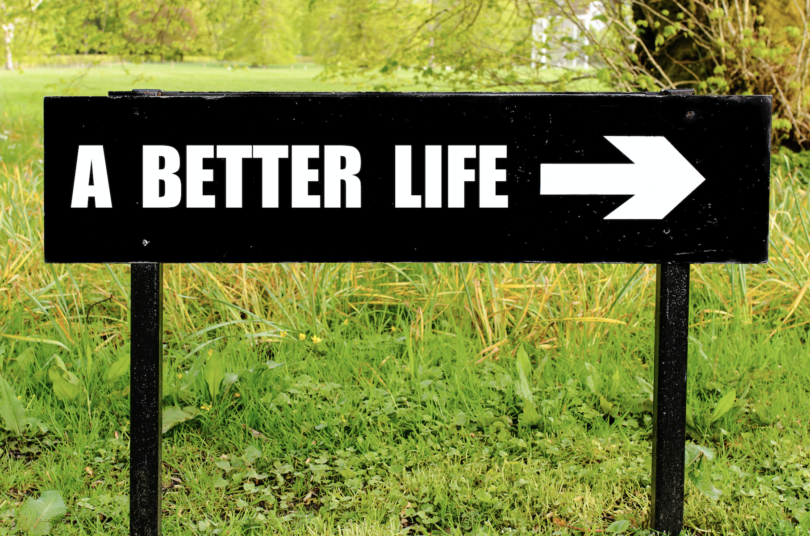If self-awareness is so important, why aren’t we more self-aware?
The most obvious answer is that most of the time we are simply “not there” to observe ourselves. In other words, we are not there to pay attention to what’s going on inside or around us.
Psychologists Matthew Killingsworth and Daniel T. Gilbert found that almost half of the time we operate on “automatic pilot” or unconscious of what we are doing or how we feel, as our mind wanders to somewhere else other than here and now.
In addition to the constant mind-wandering, the various cognitive bias also affects our ability to have an accurate understanding of ourselves; we tend to believe narratives that support our already existing sense of self.
For example, if we have a solid belief that we are a high-quality and loyal friend, then we are likely to interpret events—even ones where perhaps we did make a mistake—as an anomaly of our identity as that “loyal friend.”
This pre-existing belief about ourselves might influence how we handle the aftermath of, say, forgetting about a lunch date with a friend.
Additionally, confirmation bias can trick us into searching for or interpreting information in a way that confirms our pre-conception of something.
Have you ever had that feeling when you’ve accepted a job offer, but are still looking for extra assurance that it is the perfect job for you? That is confirmation bias, in its finest.
Furthermore, the lack of the willingness to seek feedback could also work against us if we want to have a more holistic view of ourselves through the eyes of others.
If we want to cultivate our own self-awareness, how do we reconcile that with these psychological tendencies where we only acknowledge certain versions of ourselves?
It is not easy, but there are some options.
What further complicates the picture is the different aspects of the self we relate to in everyday life.
In his TED talk, Daniel Kahneman explains the difference between the “experiencing self” and the “remembering self,” and how this affects our decision-making.
He explains how we feel about the experience at the moment and how we remember the experience can be very different and share only 50% correlation.
This difference can have a significant impact on the story we are telling ourselves, the way we relate to self and others, and the decision we make, even though we may not notice the difference most of the time.







